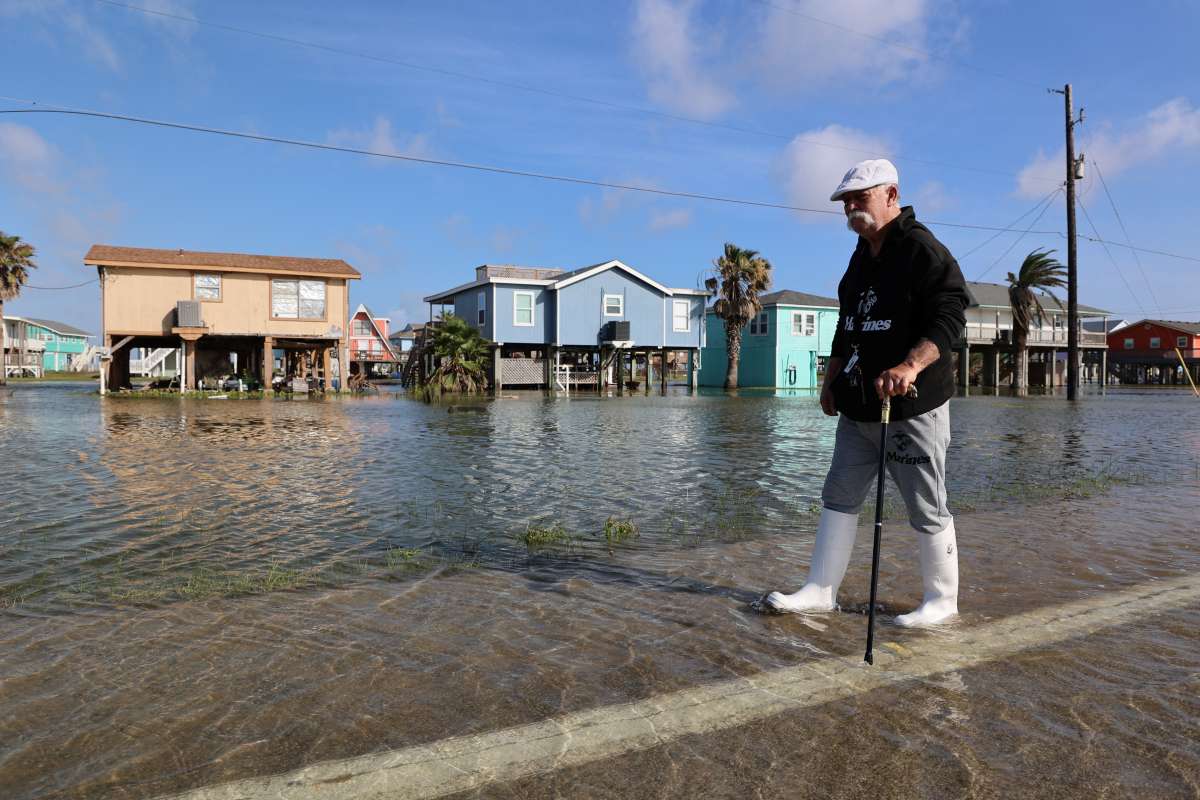Introduction
In recent years, climate change has become more than just an environmental concern — it’s now a critical factor shaping the real estate market and insurance industry across the United States. From escalating home insurance premiums to declining property values in high-risk areas, climate-related risks are directly affecting homeowners, investors, and real estate developers nationwide.
This article explores how climate change is impacting property values and insurance costs in the U.S., and what buyers, sellers, and investors need to know to navigate this evolving landscape.
📊 Rising Home Insurance Costs in Climate-Vulnerable Regions
One of the most immediate effects of climate change on the housing market has been the surge in home insurance premiums. In states like Florida, California, Louisiana, and Texas — areas prone to hurricanes, wildfires, and flooding — homeowners have seen insurance rates rise by up to 400% over the past five years.
According to a 2025 report by the National Association of Insurance Commissioners (NAIC):
- The average annual home insurance premium in Florida rose from $2,505 in 2020 to $7,400 in 2024.
- In wildfire-prone regions of California, premiums increased by over 300% within three years.
- Many major insurers have stopped issuing new policies in high-risk areas, forcing homeowners to rely on costly state-backed insurance programs.
🏡 How Climate Change Is Devaluing Real Estate
As insurance becomes more expensive and difficult to obtain, property values in high-risk areas are declining. Buyers are increasingly wary of purchasing homes in locations with elevated exposure to:
- Rising sea levels
- Frequent hurricanes
- Wildfires
- Severe droughts and heatwaves
A study published in Environmental Research Letters found that homes in flood-prone areas sell for an average of 13% less than similar properties located in safer zones. In extreme cases, entire communities along vulnerable coastlines are seeing property prices plummet as the risk of displacement grows.
📌 Key States Affected by Climate-Driven Property Risks
While every state faces some level of climate-related risk, the following have experienced the most significant real estate market impacts:
| State | Primary Risks | Insurance Impact |
|---|---|---|
| Florida | Hurricanes, flooding | Highest insurance premiums in U.S. |
| California | Wildfires, drought | Major insurers exiting the market |
| Louisiana | Flooding, hurricanes | Frequent property value decline |
| Texas | Hurricanes, drought | Rapid insurance rate increases |
| South Carolina | Rising sea levels, hurricanes | Increasing insurance restrictions |
🌍 The Broader Economic Impact
The implications of climate change on the U.S. housing market extend beyond individual homeowners:
- Mortgage lenders are reassessing their exposure to at-risk properties.
- Real estate investors are diversifying portfolios to avoid climate-vulnerable markets.
- State and local governments face declining property tax revenues as values fall in affected regions.
- Insurance companies are tightening underwriting standards, making it harder for buyers to secure coverage.
🛡️ How Homeowners Can Protect Their Investments
If you own or plan to buy property in a climate-vulnerable area, consider these steps:
- Review flood and fire zone maps before purchasing.
- Shop around for insurance providers offering competitive rates in high-risk areas.
- Invest in mitigation upgrades, such as storm shutters, elevated foundations, or fire-resistant landscaping.
- Stay informed about local climate adaptation initiatives like seawall construction, wildfire buffers, and updated building codes.
📈 Looking Ahead: The Future of Real Estate in a Warming World
As climate change accelerates, experts predict:
- More insurers will pull out of high-risk markets.
- Home values in safe, inland areas may rise as buyers seek climate-resilient locations.
- Legislative action may be required to stabilize insurance markets and support displaced homeowners.
For buyers, sellers, and investors alike, understanding climate risk is now essential for making smart real estate decisions.
Conclusion
The impact of climate change on property values and insurance rates in the U.S. is undeniable. From soaring premiums to declining home prices in high-risk areas, the housing market is undergoing a transformation driven by environmental challenges.
Staying informed, investing wisely, and taking proactive measures can help mitigate risks and protect your property investments in this rapidly changing climate. Learn more
